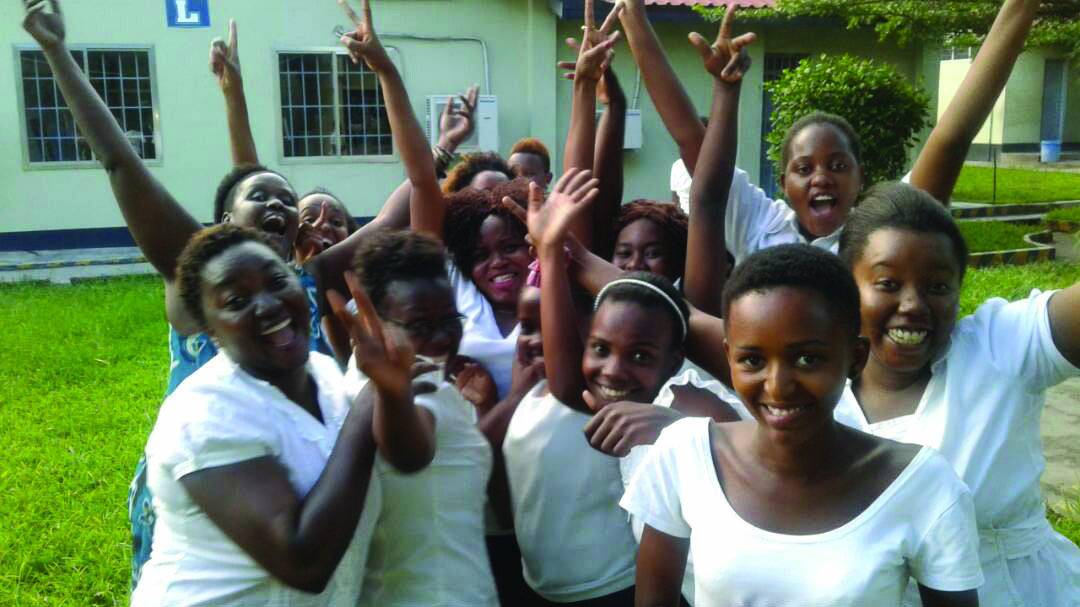Nafasi-Opportunity Society
There I sat, a thick sheen of sweat glistening on my forehead (partially due to the heat,
and partially due to my nerves), travelling the bumpy roads of Dar Es Salaam, Tanzania. I was en route to visit with Saada, Jane, and Sophia — three star graduates of Nafasi-Opportunity Society’s hairstyling and entrepreneurial business program.
Nafasi is a Canadian non-profit organization focused on delivering trade and business skills that strives to empower young women throughout Africa. As one of the organization’s directors, I was eager to speak with these recent graduates, hoping to gauge the success of this program designed specifically to benefit young and underprivileged women.
“There are no cookie-cutter solutions in international development.”
Previously, I had heard that all three women had secured jobs at reputable hair salons shortly after completing their educational training. I thought to myself: Nice, the job’s all done here! They’re all set to go, with long and prosperous careers ahead…right? Not quite.
For systemically disadvantaged individuals, especially those living in impoverished communities, it doesn’t seem to matter how hard you work — there always seems to be something nipping at your ankles, trying to trip you up.
Take Saada for instance. She entered Nafasi’s program as a single mother who also supported her two younger sisters. She excelled in her training and decided to start her own salon. However, with relatively little start-up funds, Saada was unable to build her salon in a good neighbourhood. Within a few months of opening, the salon was robbed. Unable to afford new equipment, she was forced to close shop and find work at another salon.
Or take Jane, who ran her own salon for 10 months. After failing to qualify for a business loan, she was forced to shut down the operation. Today, she is back at home, taking care of her ill grandmother.

Sophia, the last of the three interviewees, also enjoyed initial success, but has struggled to manage her career as a single mother — a refrain that is all too common in Tanzania.
Though each of these women benefitted from their training, their stories reveal how poverty, crime, and gender inequality can intersect to produce a cycle of poverty. Of course, this is not to suggest that investing in these women’s futures is futile; rather, it is a reminder that there are no cookie-cutter solutions in international development. Each project requires flexibility, and each individual requires unique support.
I asked the graduates whether they felt the program was worthwhile, and they each
responded with a resounding yes. In addition to attaining practical business skills that can be
applied to other areas of their lives, they explained, the program also boosted their confidence and taught them that even the most daunting challenges can be overcome.
As I said goodbye, I felt proud of Nafasi’s accomplishments and impressed by the resilience of our graduates. I was also reminded that there is much work that remains ahead.